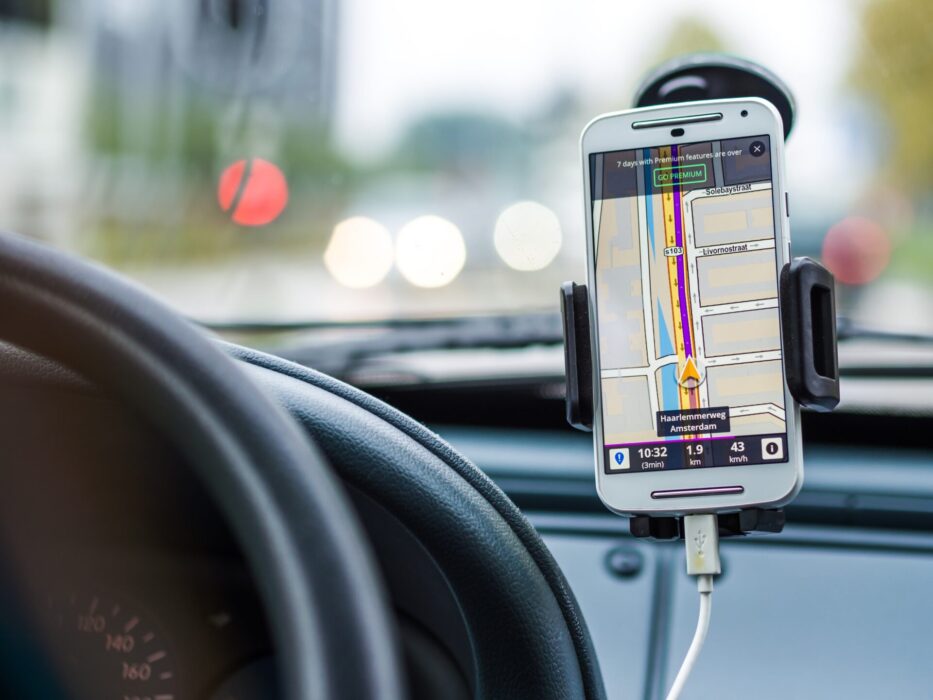Introduction:
GPS, short for Global Positioning System, has become an integral part of our lives. Whether you’re using it for navigating unfamiliar roads, tracking your fitness activities, or geotagging your social media posts, GPS technology has woven itself into the fabric of modern living. However, like any technology, GPS has its pros and cons. In this article, we’ll explore both sides of the GPS coin to help you understand its advantages and limitations.
Advantages of GPS
1. Accurate Location Tracking
One of the most significant advantages of GPS is its ability to provide highly accurate location information. GPS receivers can pinpoint your exact latitude and longitude coordinates, often within a few meters. This precision has revolutionized navigation, making it easier for people to find their way in unfamiliar places. It’s particularly invaluable for emergency services, allowing them to locate and assist individuals in distress quickly.
2. Navigation and Directions
GPS technology has made paper maps nearly obsolete. It guides us seamlessly through intricate road networks, reducing the stress of navigating unknown territories. Whether you’re driving, cycling, or walking, GPS-equipped devices offer turn-by-turn directions, real-time traffic updates, and alternate routes to save time and avoid congestion.
3. Geotagging and Location-Based Services
GPS enables geotagging, a feature used in smartphones and cameras to embed location data into photos and videos. Beyond this, location-based services thrive on GPS data. From restaurant recommendations based on your location to augmented reality games that overlay digital experiences on the real world, GPS enriches our digital lives with contextually relevant information.
Limitations of GPS
1. Signal Blockage and Inaccuracies
GPS signals originate from a constellation of satellites orbiting the Earth. While these signals are remarkably reliable, they can be blocked or reflected by tall buildings, dense forests, and other obstructions. This can lead to signal inaccuracies, making it less dependable in urban canyons or heavily wooded areas.
2. Dependency on Satellites
GPS technology’s effectiveness relies on a network of satellites orbiting our planet. Any disruption, such as satellite outages or maintenance, can affect the system’s performance. While such events are infrequent, they highlight the vulnerability of our reliance on space-based infrastructure.
3. Privacy and Security Concerns
As GPS tracking becomes more prevalent, privacy concerns emerge. GPS-enabled devices can track your every move, raising questions about personal privacy and surveillance. Additionally, GPS signals are susceptible to spoofing (fake signals) and jamming (interference), making them potential targets for malicious actors.
Advantages and Disadvantages of Satellite Navigation
Advantages
Satellite navigation systems, including GPS, offer global coverage. They work anywhere on Earth, making them invaluable for travelers and adventurers. The accuracy and reliability of these systems continue to improve, providing dependable guidance in various conditions.
Disadvantages
One notable disadvantage is signal loss in urban areas with tall buildings, tunnels, and indoor spaces. GPS signals struggle to penetrate these environments, making navigation challenging. To mitigate this, additional technologies like Wi-Fi and Bluetooth are often used for positioning in such areas.
Disadvantages of GPS Tracking in Sport
1. Battery Drain
For athletes and fitness enthusiasts, GPS tracking can be a double-edged sword. While it offers detailed data on speed, distance, and route, it can drain device batteries quickly, limiting tracking time during long workouts. To address this, users often need to carry extra power sources or recharge their devices frequently.
2. Signal Loss During Competitions
In competitive sports, GPS tracking may not always provide the desired accuracy. Signal loss during crucial moments can affect performance data, potentially disadvantaging athletes who rely on GPS-based metrics. In such cases, alternative tracking methods, such as RFID systems, are preferred.
Conclusion
GPS technology has undeniably transformed the way we navigate our world and interact with our devices. Its accuracy and versatility have opened up new possibilities for various industries, from logistics to tourism. However, it’s essential to recognize the limitations and potential privacy concerns associated with GPS technology.
As we continue to rely on GPS in our daily lives, technological advancements will likely address many of its current limitations. By staying informed about both the pros and cons, we can make the most of GPS technology while also being mindful of its potential drawbacks. In a rapidly evolving technological landscape, understanding the benefits and limitations of GPS is key to harnessing its full potential.
